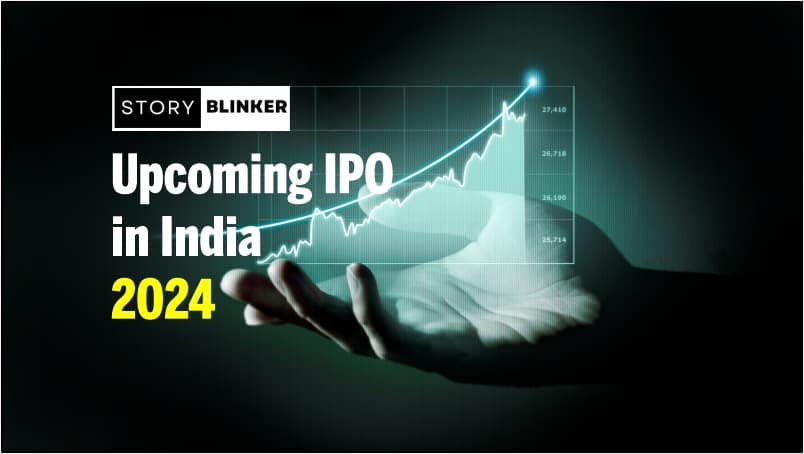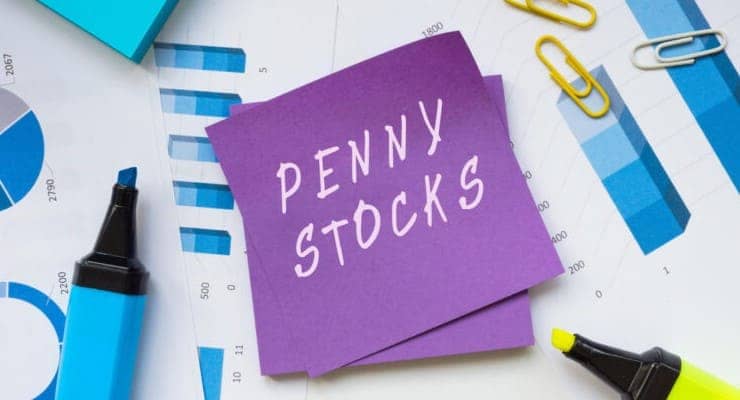
Top 10 Investment Options 2024
These top 10 investing options are worth considering if you’re preparing to save for your future.
1. Stocks
Investing in direct stock has the potential to yield larger returns than many other investments when taking inflation into account over the long run. Though it can be challenging to choose the proper stock and time your entry and exit, not everyone feels comfortable investing in stocks because of their volatility, which makes profits unpredictable.
Diversifying your stock portfolio across industries and market capitalizations is one strategy to lower your risk.
The proper accounts must be formed to invest in equity shares that are traded on the stock exchange. The three foundational accounts that provide investors with the appropriate structure for share investments are a bank account, a trading account, and a demat account.
2. Equity mutual funds
An equity fund is a mutual fund scheme that primarily makes equity stock investments. Equity mutual fund schemes in India are required to allocate a minimum of 65% of their assets to equity-related instruments and stocks, following the latest SEBI Mutual Fund Regulations. Either actively or passively managed equity funds are available. ETFs and index funds are both passively managed. The three main factors used to categorize equity mutual funds are location, holdings’ investment style, and firm size. In addition to market capitalization, which is based on the fund’s stock holdings, equity mutual funds are also classified based on their investment approach.
3. American Depository Receipts
ADRs are often utilized by mostly foreign businesses to enter American markets and, occasionally, to obtain finance.
There are three levels of ADRs, and they can be sponsored or unsponsored.
Level 1 ADRs: These may be utilized to establish a trading presence in the United States, but it has been made certain that they cannot be used to raise cash. Their only trading option is over-the-counter (OTC), as they lack sponsorship.
Level 2 ADRs: This form of ADR can be utilized to establish a trading presence on a national exchange, like the NYSE, but their uses have been restricted to raising funds.
Level 3 ADRs: These are the last kind, and not only do they help in raising funds, but they also have the characteristic that enables them to be listed on domestic markets.
4. Global Depository Receipts
A global depositary receipt is a type of tradable financial security. It is a certificate that trades on two or more international stock markets, representing shares in a foreign corporation. The main stock exchanges where GDRs trade are those in the US, the Eurozone, and Asia.
Exchanges in Singapore, Frankfurt, Dubai, and London allow you to trade GDRs. Additionally, they are tradeable on the Luxembourg Stock Exchange. Institutional investors are typically the ones who buy GDRs in private offers before they go public.
5. Foreign direct investment.
Investors can purchase foreign equities directly in two different ways. With a broker in your nation of residence, such as Interactive Brokers, Fidelity, E*TRADE, or Charles Schwab, you can open a global account. The alternative is creating an account with a local broker in the intended nation. For instance, investors can access Hong Kong equities together with 11 other markets through the Hong Kong-based MONEX BOOM trading platform.
Direct investing is not appropriate for novice investors. Considerations include extra expenses, tax ramifications, the requirement for technical assistance, the necessity for research, currency changes, and other elements. To put it briefly, foreign direct investment should only be undertaken by engaged and sincere investors.
6. Global Mutual Funds
People can simplify their investment in foreign markets simply by utilizing mutual funds that concentrate on international corporations. The simplicity and comprehensibility of mutual funds make them an attractive option, providing alluring benefits for investors.
There are various types of global mutual funds accessible with different levels of aggressiveness or caution. These classifications may focus on specific regions or countries and can employ active investing strategies, such as using international stock indexes passively. Nevertheless, it’s important to remain alert about high fees since these investments often come with more costs than domestic choices.
7. Investing in index funds
When considering investing in a globally tradable ETF, it is vital to consider the costs and charges associated with it. It’s also important to scrutinize its level of liquidity and study trading patterns while being aware of any potential tax consequences.
One can find countless options when it comes to exchange-traded funds (ETFs), with each one focusing on a specific country or providing entry into different markets. These choices cater to various investment needs, such as geographical regions, industry sectors, market sizes, and values.
Furthermore, evaluating how well this investment aligns with your broader portfolio goals is just as indispensable.
8. Gold
Owning gold jewelry raises additional issues, such as cost and safety. Afterwards, there are the “making charges,” which normally amount to 6–14% of the price of gold (and can reach up to 25% for unique designs). There is still a choice available to individuals who would like to purchase gold coins.
Paper gold is an additional means of obtaining gold ownership. Investment in paper gold has been proven to be more cost-effective and can easily be done through gold ETFs. Such investment happens on a stock market with gold as the underlying asset. Another way to possess paper gold is to invest in sovereign gold bonds. Another option for investing is through gold mutual funds.
9. Nasdaq-100 Index Funds
For those seeking access to top-performing tech giants without having to make difficult investment choices or conduct thorough market analysis, a recommended option is an index fund tracking the Nasdaq-100. While it comes with considerable fluctuations in value, investors can comfortably uphold their stocks for around three to five years. Employing dollar-cost averaging instead of dumping lump-sum investments at once helps mitigate risks further when investing in this kind of index fund.
By investing in this fund, you can reduce the risk of having a particular company’s failure impact your portfolio. This is due to its ability to provide speedy diversification.
10. Rental Property
Leasing out rental properties can be a highly profitable venture if you have the necessary dedication and resources to manage them effectively. It is crucial to identify suitable units that fit your budget, maintain their condition, and oversee tenants. This creates an advantageous prospect for astute persons interested in making smart investments in long-term beneficial real estate ventures.
Although the unstable economy presents challenges, purchasing a new home in 2024 may be beneficial due to predictions of decreased lending costs following their peak in the prior year.
Related Posts

Exploring the Top 10 Passive Income Sources in Indiaadmin . August 16, 2023

India Stock Market Holidays 2023admin . October 30, 2023

Is a Trust Wallet A Good Investment?admin . January 27, 2022

Supermarket Varus partners with Binance to provide crypto paymentadmin . September 28, 2022

Since Solana’s Attack Triggers Warning In The Market, Some Keyadmin . August 18, 2022

Exciting Opportunities: New Upcoming IPO in India 2024 – Investadmin . November 20, 2023

Top 20 Best Alternatives to Fixed Deposits in Indiaadmin . August 8, 2023

Best Crypto Wallets In 2022admin . May 24, 2022

What Is DeFi? Understanding Decentralized Financeadmin . June 19, 2023
Latest Posts

Exploring the Best Cash Advance Apps of 2024 April 8, 2024

Top 34 Passive Income Ideas in 2024 March 19, 2024

Top 10 Penny Stocks to Buy Canada 2024 February 23, 2024

Best Canadian Artificial intelligence stocks under $1 2024 February 23, 2024

Top Artificial Intelligence Stocks Canada 2024 February 20, 2024

